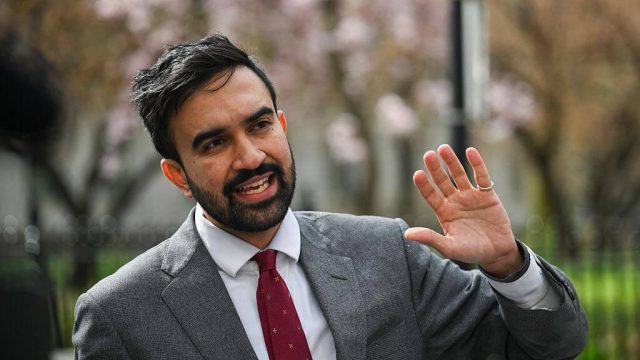Global Attitudes to Green Economy: 2024
Our full suite of findings, both global and national, from our major new poll into citizen support for green transition worldwide

71% of people globally would choose stronger environmental protection even at the cost of slowed economic growth, according to a new survey published by the Green Economy Coalition and polling firm Savanta. And – contrary to many established narratives – demand for green action is considerably stronger in poorer countries than wealthier ones.
The survey polled more than 10,000 people across 10 countries - Australia, Brazil, China, India, Indonesia, Mexico, Nigeria, Peru, South Africa, and Turkey - and found overwhelming public support across all countries for environmental protection.1
The survey revealed several surprising findings than run counter to prevailing narratives around public support for ambitious climate policies.
- Demand for environmental protection is strongest in emerging economies compared with richer Western nations, with public support highest in Turkey (91%), Nigeria (89%) and South Africa (88%).
- Middle-aged respondents (aged 45-64) are the group most willing to make changes to their lifestyle in order to achieve sustainability, with 62% responding positively.
- An overwhelming majority of respondents (77%) are either “very” or “extremely” concerned about the impact of current environmental policies on future generations – and again, this concern is significantly higher in less-developed countries like Nigeria (88%) compared with richer nations such as Australia (50%).
- Lack of government support is the leading factor preventing respondents from making better choices for the environment – demonstrating an appetite for stricter regulations around industrial pollution, waste management, and investment in clean energy.
- This lack of government support is much more keenly felt in emerging economies like Nigeria (65%) and Peru (61%) than developed ones like Australia (34%).
Furthermore, a ranking of expressed preferences between the 10 countries surveyed showed that – contrary to received wisdom, the citizens of less developed countries like China, Nigeria and Indonesia are in fact far more willing to accept higher costs in return for securing environmental action. In fact, the richest economy of those surveyed – Australia – was consistently the lowest performing respondent group across metrics of green demand and economic trade-offs.1
“ Contrary to the prevailing narrative in US and European media, the citizens of less developed countries like China, Nigeria and Indonesia are far more willing to accept higher costs in return for securing environmental action.”
Jean McLean, Interim Convenor of the Green Economy Coalition, stated, “These results challenge the idea that environmental protection is a luxury only developed nations can afford. Instead, we see citizens of emerging economies demanding a different approach to development, one that recognises the centrality of environmental sustainability to economic prosperity.”
Generation Green
The survey, which was conducted between October and November 2024, reveals a dynamic shift in environmental leadership. The results also lay out generational dynamics which play a significant role in shaping environmental engagement.
Younger generations are the most likely to be actively seeking green jobs, the most likely to support renewable energy investments, and are more supportive of higher taxes to fund environmental protection. On the other hand, those aged 65+ are the most supportive of reducing pollution, providing affordable clean energy, and addressing intergenerational imbalances.
Download result PDFs by country
Strikingly, this generational trend is reversed when it comes to hope for the future. Young adults show the most optimism, with 51% of 25–34-year-olds believing we're doing enough to ensure a sustainable future for the next generation – but with 37% of those aged +55 actively disagreeing.
Having children also has a marked impact on environmental beliefs, and again the picture is more complex than sometimes assumed. Perhaps unsurprisingly, 80% of parents show concern about future generations compared to 70% of non-parents, with 42% being “extremely concerned”. But parents are also more likely than non-parents (49% compared to 41%) to believe that enough is being done to ensure a sustainable future.
Despite the strong public support for environmental action, there is a notable split in trust towards political leaders’ ability to ensure a sustainable future. While China shows remarkably high trust levels (83%), countries like Peru (23%), Australia (27%), and South Africa (28%) exhibit significant scepticism. This underscores the need for stronger environmental leadership and proactive government policies.
The survey was conducted by polling firm Savanta, and will be repeated in 2025 and 2026, allowing potential changes in attitude to be tracked over time as citizens respond to emerging global and national developments.
As Jean McLean concludes, “The citizens of less developed countries aren't just ready to participate in environmental action – they want to set the agenda for systemic change.”
Footnotes
Full data tables, results and methodologies for all countries are available for free and open source here.


